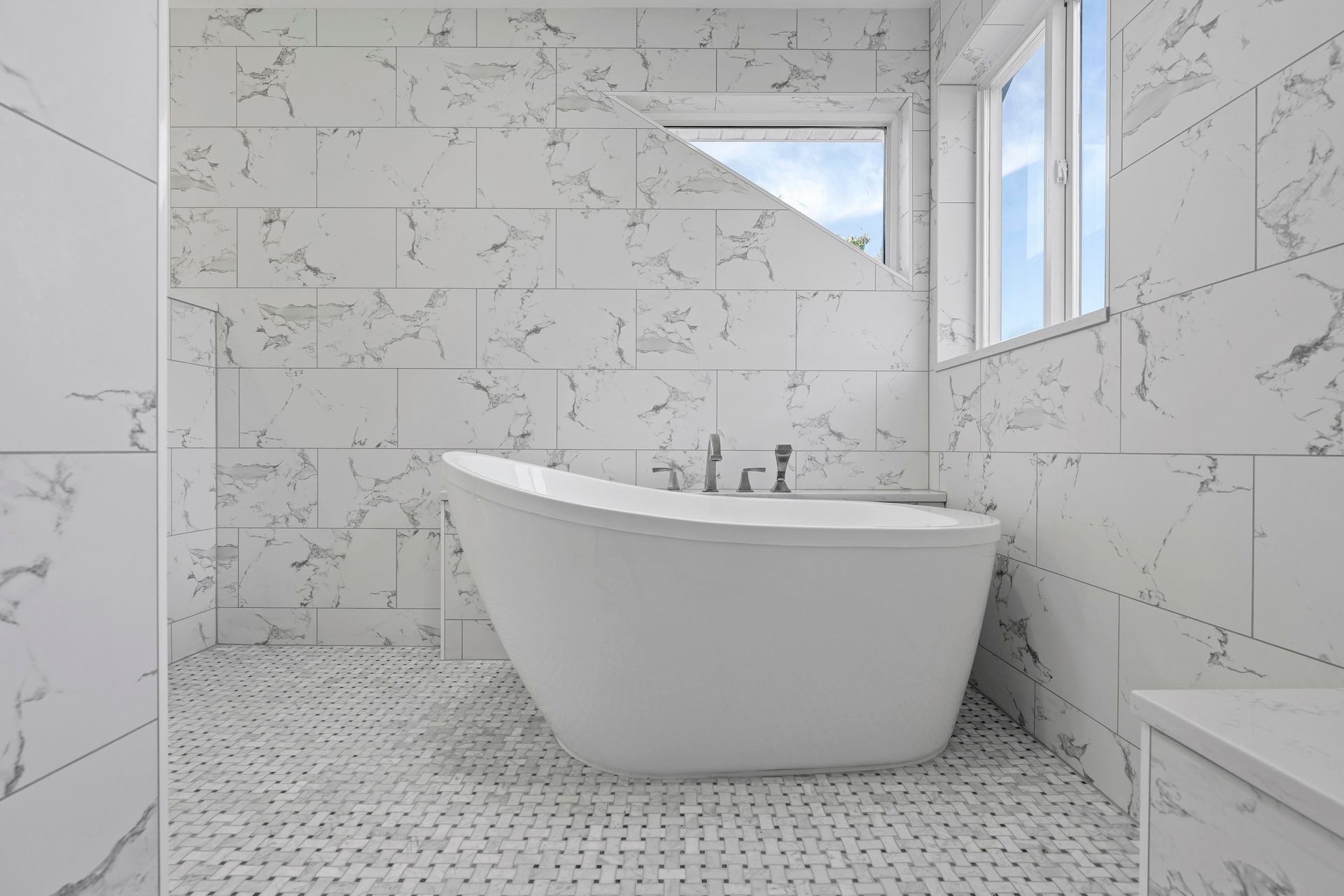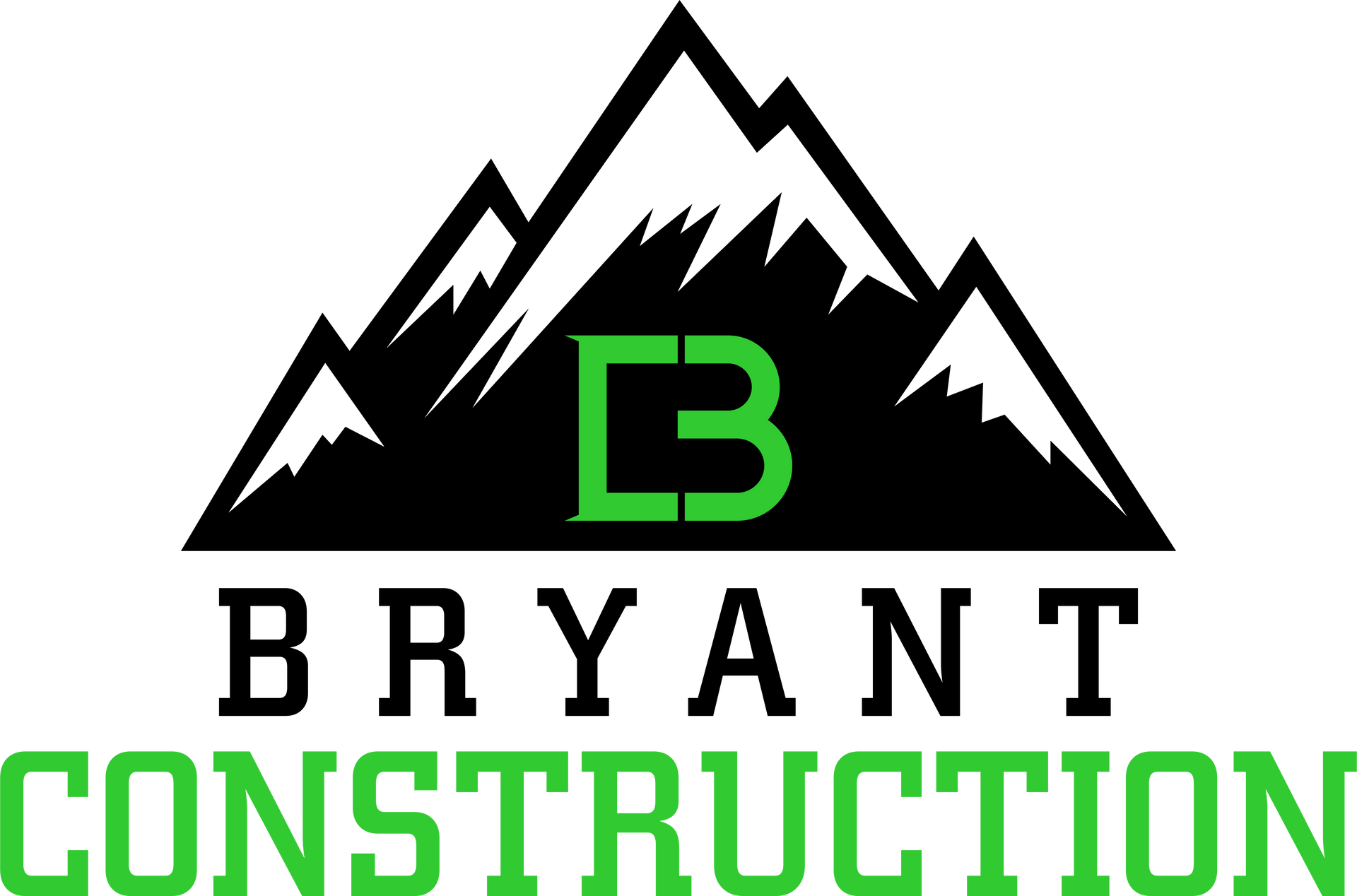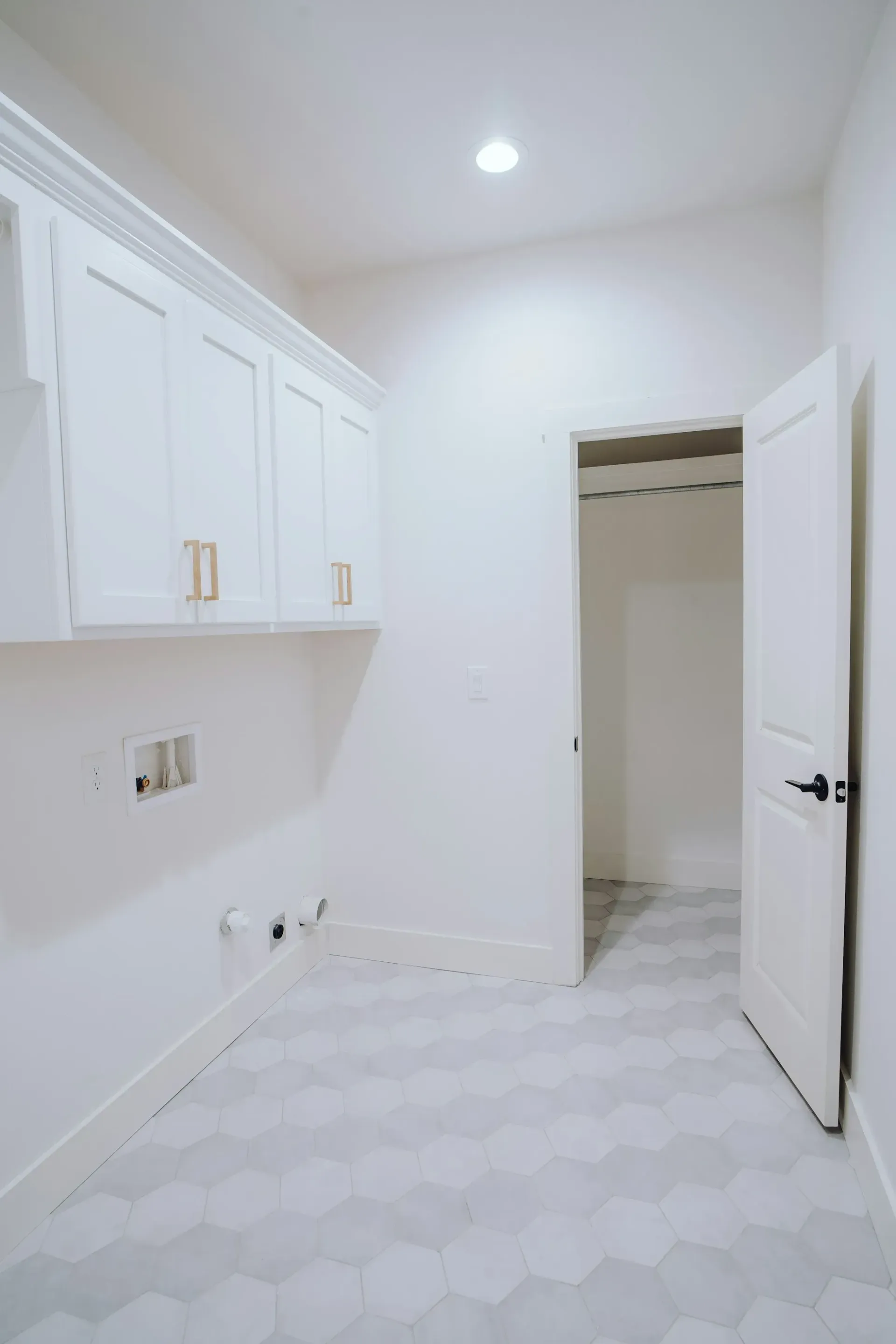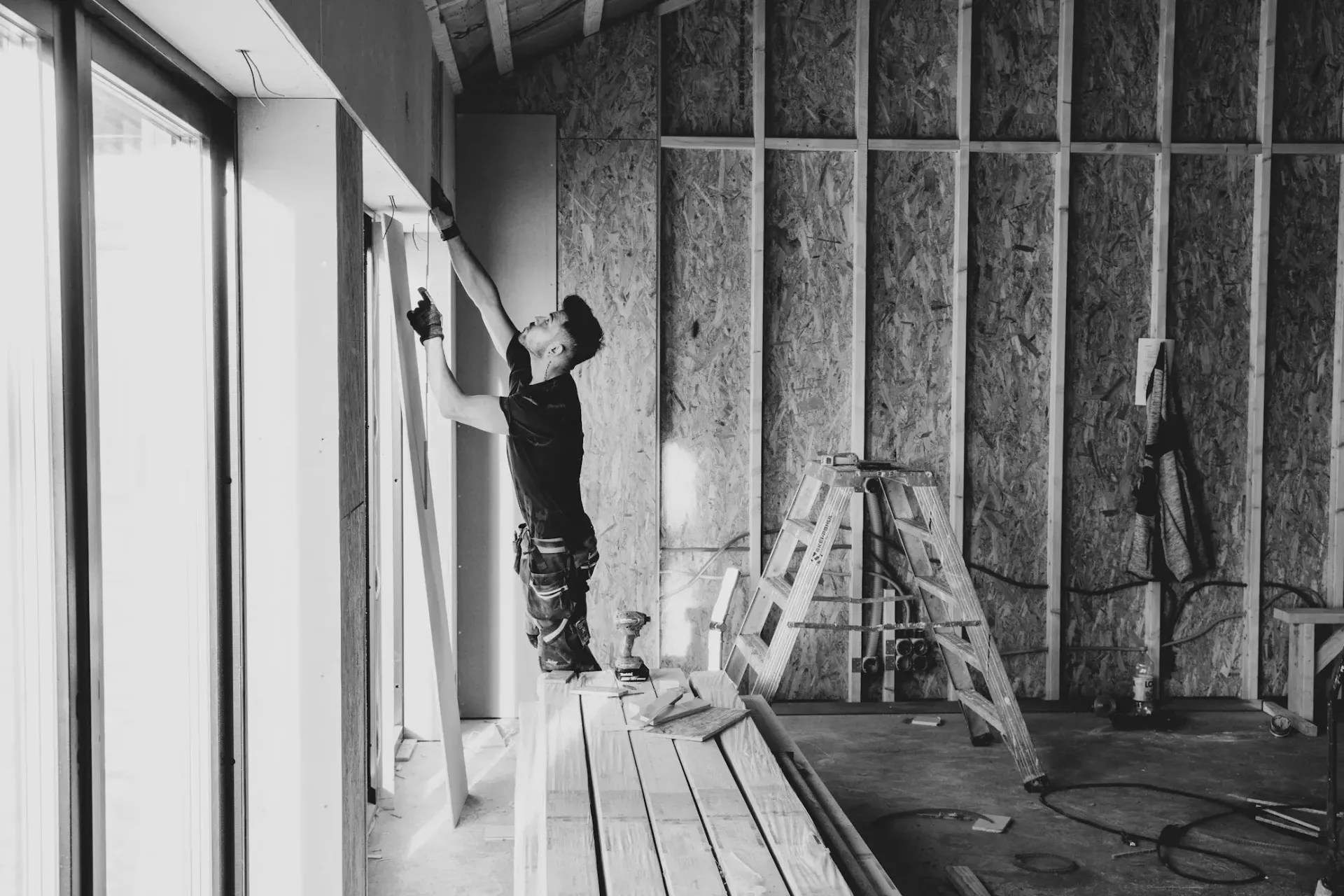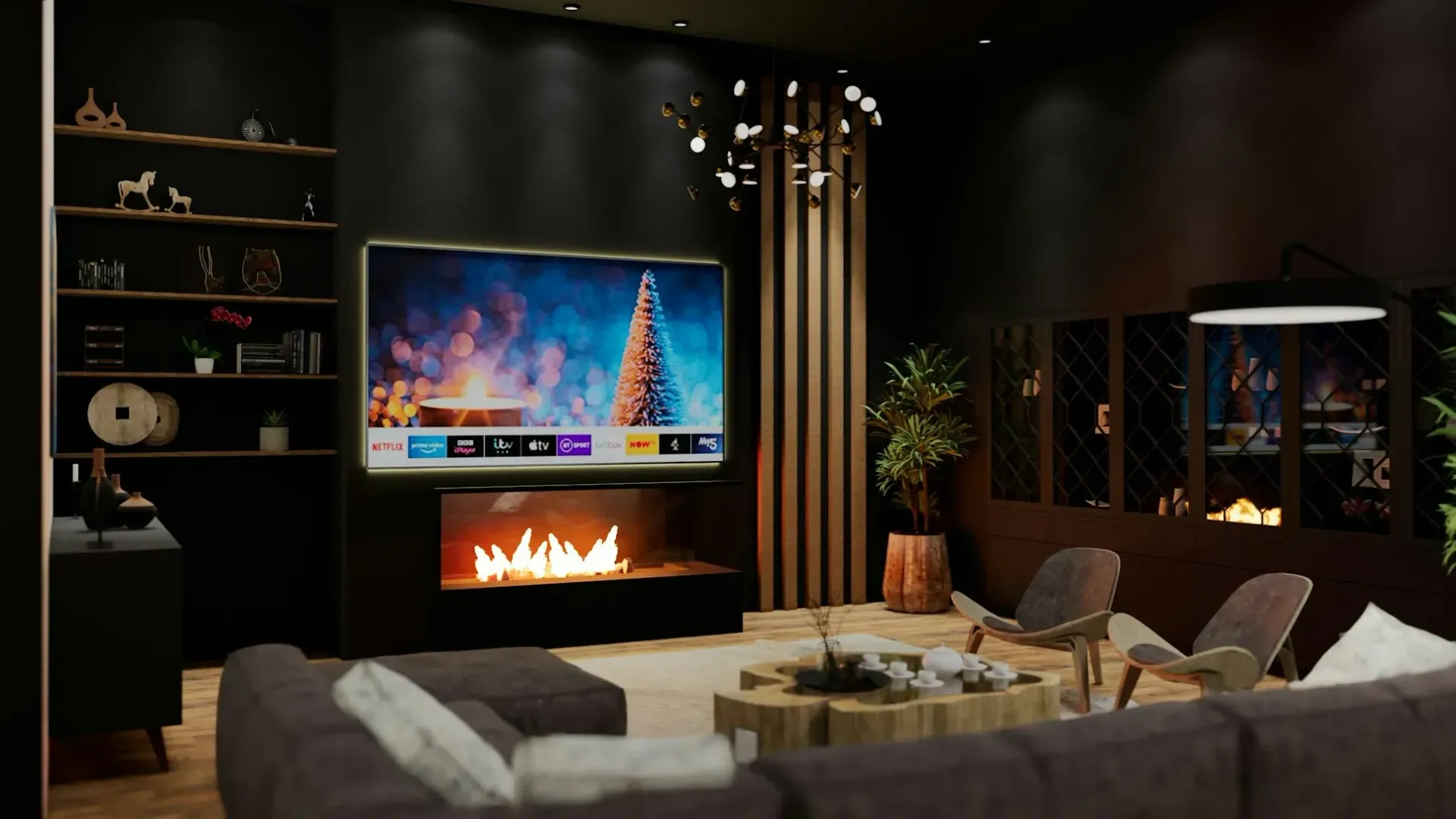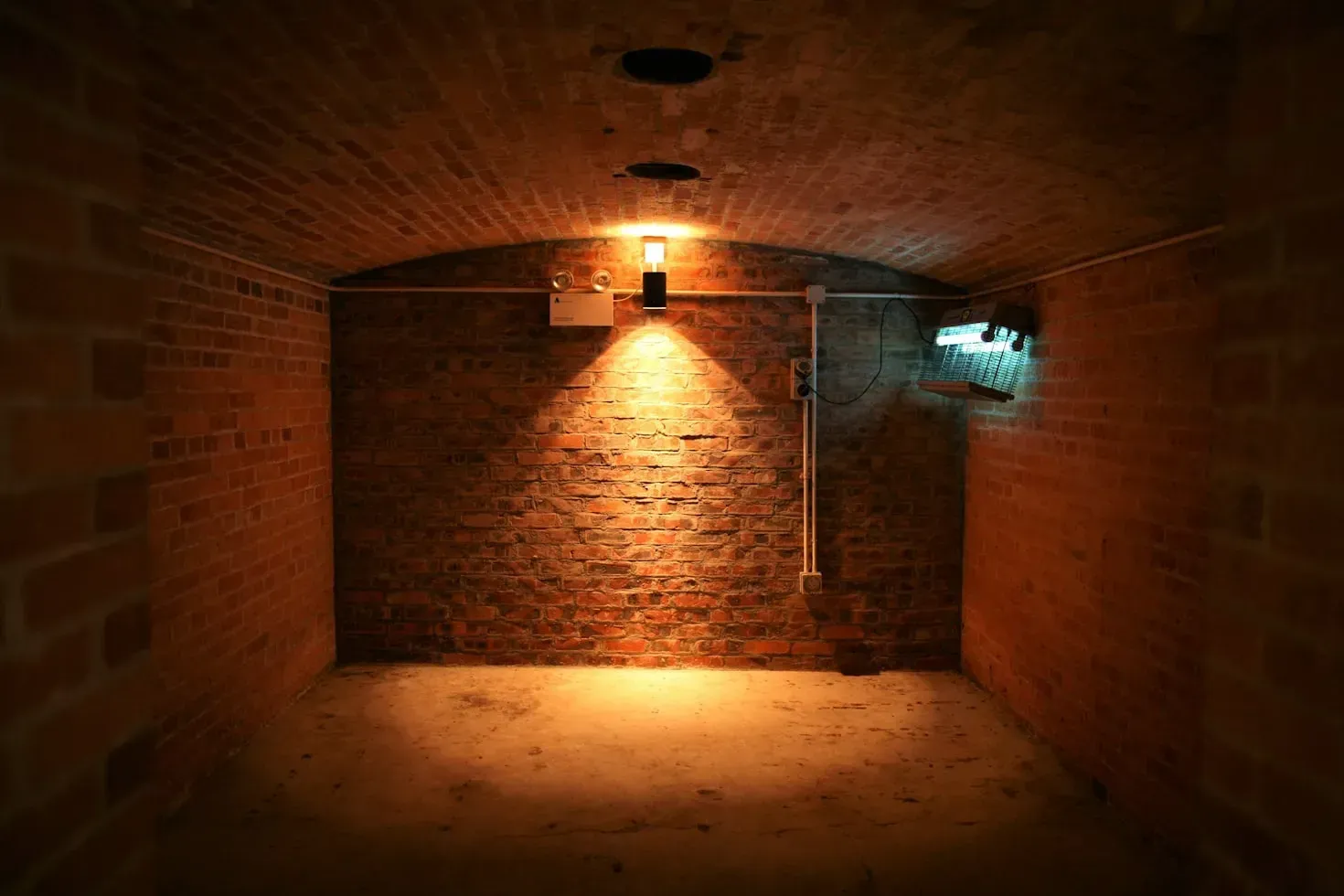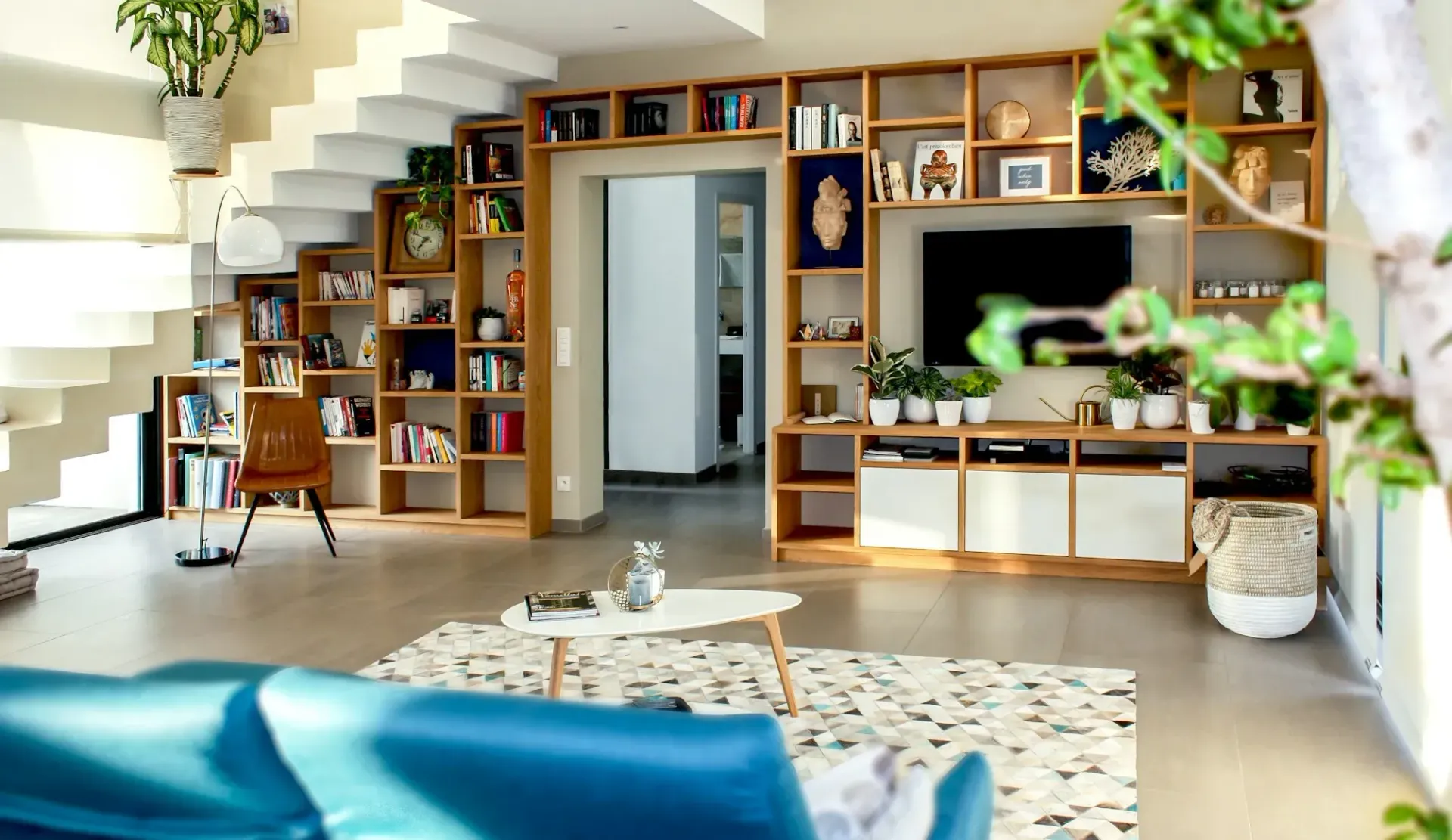What Types of Renovations Might Increase Your Home Insurance Costs

Table of Contents
Introduction
Which Renovations Are Considered High Risk by Insurance Companies
How Do Structural Changes Impact Insurance Premiums
Do Kitchen and Bathroom Upgrades Affect Insurance Rates
What Impact Does Adding Smart Home Technology Have on Insurance
How Does Adding a Home Office or Business Space Affect Insurance Needs
Conclusion
Key Takeaways
- Renovations like kitchen updates or attic conversions can increase your home's market value and, subsequently, your insurance premiums.
- High-risk features like pools and spas can significantly raise insurance costs due to increased liability and maintenance requirements.
- Structural changes such as adding extensions or modifying the roof can lead to higher insurance premiums by increasing the replacement value of your home.
- Removing load-bearing walls requires a reassessment of your insurance coverage because it compromises the structural integrity of your home.
- Upgrades in kitchens and bathrooms often involve high-end fixtures and significant plumbing changes, potentially raising your insurance rates.
- Installing smart home technology such as security systems and smart locks can lower insurance premiums by enhancing home security.
- Adding a home office or business space introduces new risks, requiring additional coverage for business equipment and liability.
- It's essential to consult with an insurance agent to ensure your renovations do not leave you underinsured and to adjust your policy as needed.
Introduction
Home renovations can significantly enhance the functionality and market value of your home, making it a more comfortable and efficient place to live. However, these improvements can also affect your home insurance premiums. It’s important to understand how and why this happens before you begin any major updates.
Each renovation, whether it's a kitchen upgrade or an attic conversion, might increase the replacement value of your home. This can lead to higher insurance costs, as your coverage needs may grow with the value of your property. Keeping these factors in mind helps ensure you're not caught off guard by unexpected expenses after your renovations are complete.
Which Renovations Are Considered High Risk by Insurance Companies
Certain types of renovations can increase the liability for homeowners and consequently raise insurance costs. This is particularly true for features that could potentially lead to injuries or require increased maintenance and safety measures. Below are some key upgrades that are often flagged as high risk by insurance companies:
- Pools: Installing a pool can significantly increase your insurance premiums due to the high risk of accidents and the need for additional liability coverage.
- Spas and Hot Tubs: Similar to pools, these features add a layer of risk due to potential injuries and the need for secure fencing and safety protocols.

- Wooden Decks: Especially multi-level or older wooden decks, which are susceptible to collapse and require frequent maintenance to ensure safety.
- Luxury Installations: High-value upgrades like custom kitchen installations or expensive art studios can increase the value of claims in case of damage or loss.
- Roof Modifications: Changes that affect the structure and integrity of the roof, such as raising its pitch or adding skylights, might raise insurance costs due to increased risk of leaks or structural failure.
These renovations can add beauty and functionality to your home but come with increased scrutiny from insurance providers. It's essential to discuss these changes with your insurance agent to ensure that you have adequate coverage and are fully aware of any changes in your policy or premiums.
How Do Structural Changes Impact Insurance Premiums
When you make structural changes to your home, such as adding extensions or removing walls, these alterations can affect your home insurance. These changes often increase the replacement value of your home, potentially raising your insurance premiums due to the higher costs of rebuilding in case of damage. Here’s how different structural modifications can impact your insurance costs:
- Removing Load-Bearing Walls: This can compromise the structural integrity of your home, requiring a reassessment of your insurance coverage to account for increased risks.
- Adding Extensions: Any addition that increases the square footage of your home will likely increase its insured value and, consequently, the premium.
- Basement Finishing: Turning unfinished spaces into livable areas adds value to your home and increases the amount of coverage needed.
- Adding or Enlarging Windows: Larger windows or more of them can increase vulnerability to break-ins and weather-related damage, affecting insurance rates.
- Roof Alterations: Modifying the roof line or structure for aesthetic or functional reasons can lead to higher replacement costs, impacting insurance premiums.
Understanding these implications is crucial before undertaking significant structural changes. Always consult with your insurance provider to adjust your policy accordingly and ensure that your coverage remains adequate.
Do Kitchen and Bathroom Upgrades Affect Insurance Rates
Upgrading your kitchen or bathroom often involves installing high-end fixtures and making significant plumbing changes, which can affect your home insurance. These renovations increase the value of your home and may require increased coverage to match the new replacement cost. Consequently, this could lead to a rise in your insurance premiums.
It's important to notify your insurance provider about these upgrades to ensure your policy reflects the current value of your home. Not updating your insurance could result in underinsurance, where you might not be fully covered in the event of a claim. Always consider the potential increase in premiums when planning extensive renovations in these areas of your home.
What Impact Does Adding Smart Home Technology Have on Insurance
Integrating smart home technology into your renovation can have mixed effects on your insurance premiums, depending on the type of technology implemented. These technologies are designed to enhance home security and efficiency, which can either reduce risks or introduce new ones. Here’s how various smart home additions might influence your insurance costs:
- Security Systems: Smart alarms and surveillance cameras can lower premiums by reducing the risk of burglary and improving home security.
- Smart Locks: These enhance entry security, potentially decreasing insurance costs by deterring unauthorized access.
- Water Leak Detectors: By preventing major water damage, these devices can reduce the likelihood of claims, which may lower premiums.
- Fire and Smoke Alarms: Smart detectors can provide quicker emergency responses, possibly lowering rates by reducing the risk of extensive fire damage.
- Energy Management Systems: While these systems primarily save on utility costs, their impact on insurance is less direct and may not affect premiums significantly.
While adding smart home technology can be beneficial for security and efficiency, it’s important to discuss these updates with your insurance provider.
How Does Adding a Home Office or Business Space Affect Insurance Needs
Adding a home office or business space changes your insurance needs because it introduces new risks and values to your property. This transformation often requires additional coverage for business equipment and liability, beyond what typical home insurance provides. If clients or employees visit your home, liability coverage becomes crucial to protect against potential accidents or injuries. It’s important to discuss these changes with your insurance provider to ensure your policy adequately covers your new business activities and assets.
Conclusion
Undertaking significant home renovations can greatly affect your insurance coverage and premiums. It's crucial to consult with an insurance agent to understand these changes fully before you begin. This ensures that your home remains properly protected under its new conditions and value.
For expert guidance through your renovation journey, consider partnering with Bryant Construction. We can help streamline the process and ensure your upgrades meet all necessary requirements. Contact Bryant Construction today to start planning your dream home renovation with confidence.
